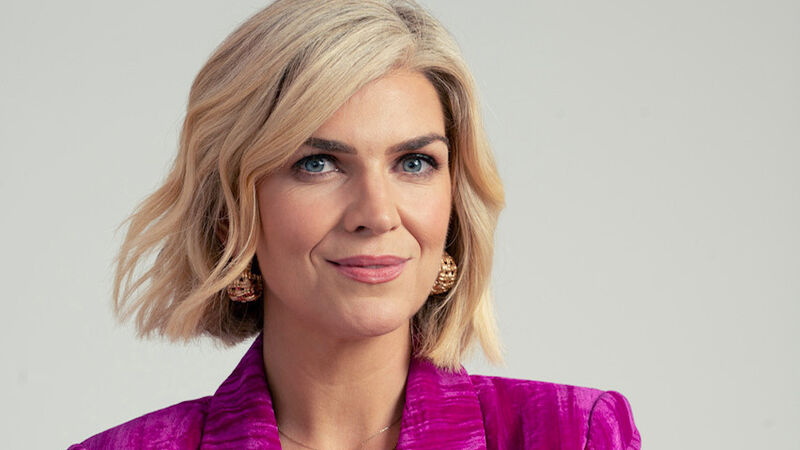Muireann O’Connell on her early-morning routine: 'I’d sleep until lunchtime if I could'

Ireland AM presenter Muireann O’Connell says she would love a lie in in the mornings.
Is having a streamlined morning routine that includes pre-dawn workouts, mindful journalling and meticulously nutritionally balanced breakfasts the secret to success?
The likes of Barack and Michelle Obama would certainly have you think so. The power couple were famous for rising at 4.30am to fit in time for exercise and meditation before work.








